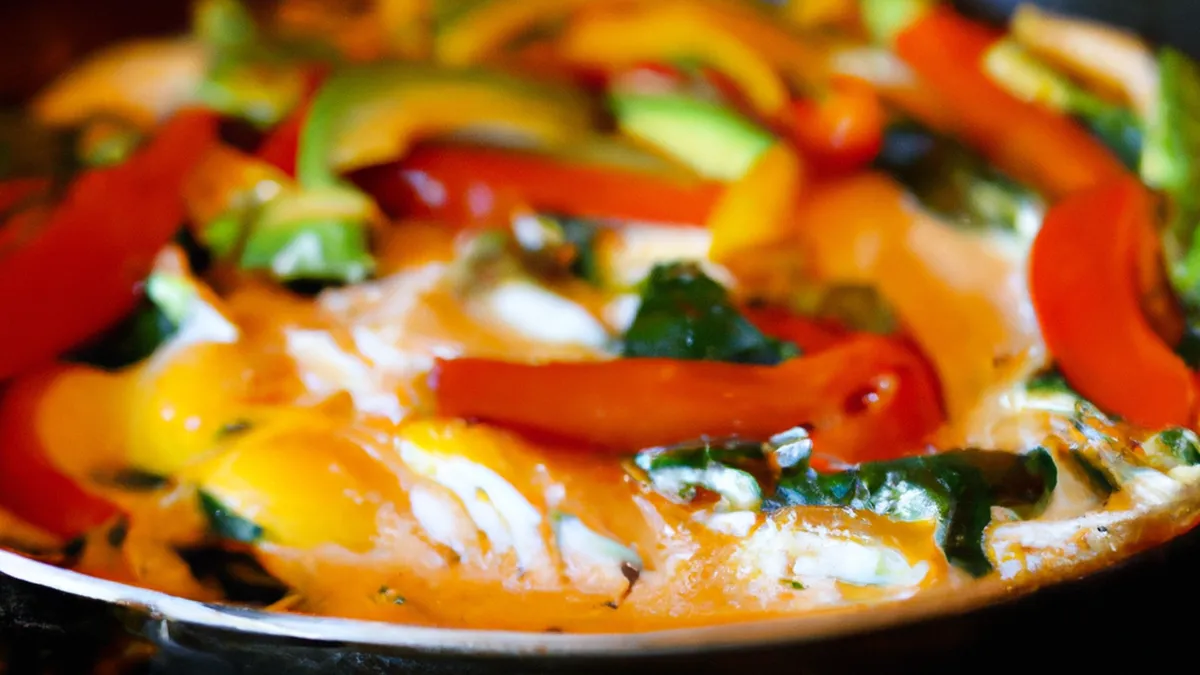Snack Smart: Quick Treats for Athletes
Developing a Meal Plan for Athletes: Tailoring Nutrition to Training CyclesAthletes need specific nutrition to maximize performance, recover effectively, and enhance overall well-being. A well-structured meal plan helps athletes reach their goals. However, no single solution fits all. Proper meal planning requires considering training cycles, individual goals, and nutritional needs. This post explores how to develop a meal plan tailored to an athlete’s training cycle.
Understanding Training Cycles
Training cycles consist of structured periods athletes experience. They vary based on sport, season, and specific goals. Generally, training cycles divide into three primary phases: preparation, competition, and recovery.
Preparation Phase
In the preparation phase, athletes build endurance, strength, and overall fitness. This phase often includes high-volume training with varying intensity. Nutrition plays a crucial role; athletes prioritize carbohydrates to fuel workouts and support energy needs. The body stores carbohydrates as glycogen, the main energy source for prolonged activities.Protein consumption remains important, as it repairs and builds muscle tissue. Healthy fats support hormone production and provide long-term energy. Meals should remain balanced, nutrient-dense, and emphasize whole foods.
Competition Phase
As athletes enter the competition phase, they shift focus to maintaining peak performance. They reduce training volume to allow recovery and prepare for events. Nutrition becomes critical; athletes consume carbohydrates for immediate energy and protein for muscle recovery.Hydration remains vital, as even mild dehydration impairs performance. Athletes must stay adequately hydrated before, during, and after competitions. Meal timing matters; athletes should eat carbohydrate-rich meals two to three hours before competing to fill glycogen stores. Post-competition nutrition should include protein and carbohydrates to aid recovery and replenish energy.
Recovery Phase
The recovery phase helps repair muscles, replenish energy, and prepare for the next training cycle. Athletes prioritize nutrient-dense foods rich in vitamins, minerals, and antioxidants to support recovery and reduce inflammation. Whole grains, lean proteins, fruits, and vegetables should dominate the diet during this phase.This phase also focuses on gut health. A healthy digestive system improves nutrient absorption. Incorporating probiotics and prebiotic-rich foods aids this process. Athletes should maintain proper hydration, as fluid intake is crucial for recovery.
Key Tips for Meal Planning
As an Amazon Associate I earn from qualifying purchases.
Gear tip: consider compression sleeves, compression socks, and percussive massager to support this topic.
Creating a meal plan tailored to training cycles requires careful planning and consideration.
Conclusion
In summary, athletes must tailor their meal plans to their training cycles. Proper nutrition enhances performance, recovery, and overall health.
Below are related products based on this post:
FAQ
Why is nutrition important for athletes?
Nutrition is crucial for athletes as it maximizes performance, supports effective recovery, and enhances overall well-being. A well-structured meal plan helps athletes meet their specific training goals and nutritional needs.
What are the phases of training cycles?
Training cycles generally consist of three primary phases: preparation, competition, and recovery. Each phase has distinct focuses, such as building endurance in preparation, maintaining peak performance during competition, and repairing muscles in recovery.
How should athletes approach meal planning during the competition phase?
During the competition phase, athletes should focus on consuming carbohydrates for immediate energy and protein for muscle recovery. Meal timing is essential, with carbohydrate-rich meals recommended two to three hours before competing to optimize glycogen stores.















Post Comment